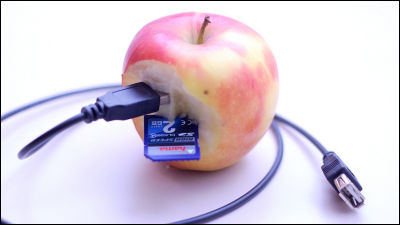What is Britain's biggest successful company "ARM" not known to the general public?
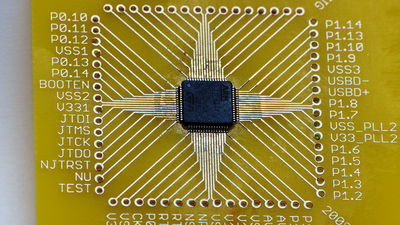
ByAdam Greig
There are companies that are not so well-known in general although they are companies that compete for the top in the industry in the world, but this type of company in the UK means "ARM"Can be cited.
ARM: Britain's most successful tech company you've never heard of | Technology | The Guardian
http://www.theguardian.com/technology/2015/nov/29/arm-cambridge-britain-tech-company-iphone
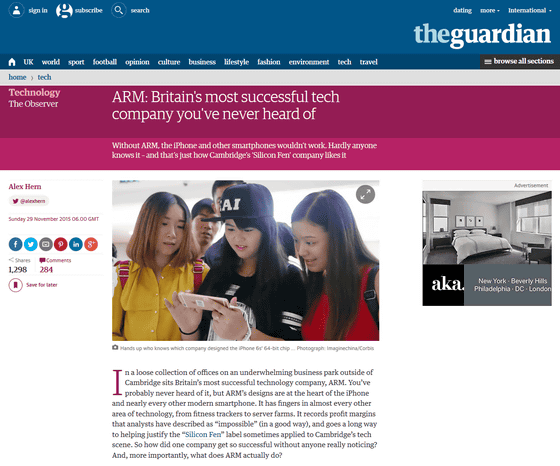
The predecessor of ARM is Acorn Computer, a company founded in Cambridge in 1978. Acorn is a manufacturer known for microcomputers, and the first "Acorn System 1" was sold for university researchers at 80 pounds (about 41,220 yen at the time of 1980).
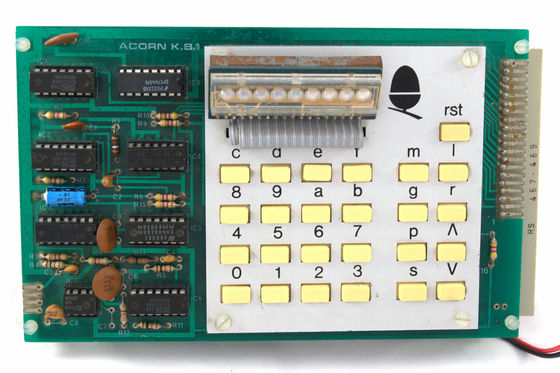
By Flibble
After the "System 1", Acorn produced "System 2" "System 3" "System 4" "System 5" which improved the function. This trend will soon result in a computer "Acorn Atom" for home use.
However, Aikoen is widely known not for home but for "BBC computer literacy project" held in the 1980s. This project was done to give children the ability to master computers in the UK under the influence of the documentary program that the world will change due to the microcomputer revolution. As a microcomputer used in the project, Acorn's "Proton "Was adopted.
"Proton" is "BBC Micro"As a result, Aikorn became a monopoly on the share of educational computers in the UK. At that time, BBC Micro was introduced to about 80% of the UK schools.
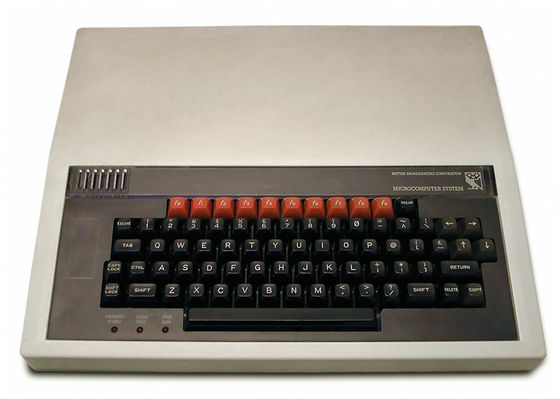
By Ubcule
At this time, in the Aikorn, we will start making a foundation for the future in preparation for the arrival of the information age. At that time, Acorn had a company scale of about 400 or more employees, was not in a state of physical strength to make chips from 1, but external processors have not reached the performance to purchase did. I caught my eye, David Patterson and Karlo Sequin were at the University of California, BerkeleyRISCIt was a project. RISC is an architecture that aims to speed up the operation by reducing the number of instructions of the processor and simplifying the circuit, from which "Acorn Risc Machine", that is, "ARM"(ARM architecture) was born.
Acorn is installed in the hobby PC "Acorn Archimedes" which developed this "ARM" series in-house. Subsequently, we jointly developed a processor of Mobile Information Terminal (PDA) · Newton which was being developed by Apple, the department that develops the processor independently, "ARM" as a company was established . At that time, the PC market was called "Wintel", OS had Microsoft's Windows and the processor was swept by PC using Intel's, the ARM chip was useless on Windows PC, already Acorn was Italy It was under the umbrella of Olivetti's computer company.
ARM's ARM architecture, which was born in this process, boasts an overwhelming share in embedded systems such as smartphones, which are superior in low power consumption among many RISC architectures, and most of the smartphones on the market. For example, the core of the Cortex-A family made by ARM is used for Qualcomm's "Snapdragon" which is often used as a processor of Android smartphone, and "Apple A9", "Apple A 9X" etc. used in Apple products etc. Uses a third-party ARM architecture called Apple Ax. It is a manufacturer of products such as 'Apple's iPhone', 'Samsung's Galaxy' and 'Sony's Xperia', but ARM is involved in both products.
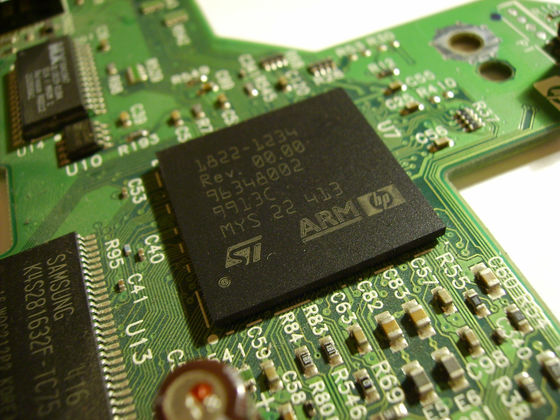
By Socram 8888
Although it is such an overwhelming position ARM, it does not mean that "Wintel" is aiming for the rebound in the cellular phone / smartphone market with the finger in mind. For several years ago, we increased the proportion of products other than mobile phones and smartphones to 40%, and we also make products that are not "low power consumption", such as those used for PayPal and gaming applications. From now on, how much market will the ARM will do without purposely going without pushing the brand to the front? There is not much to see directly, but it is noteworthy.
Related Posts:



